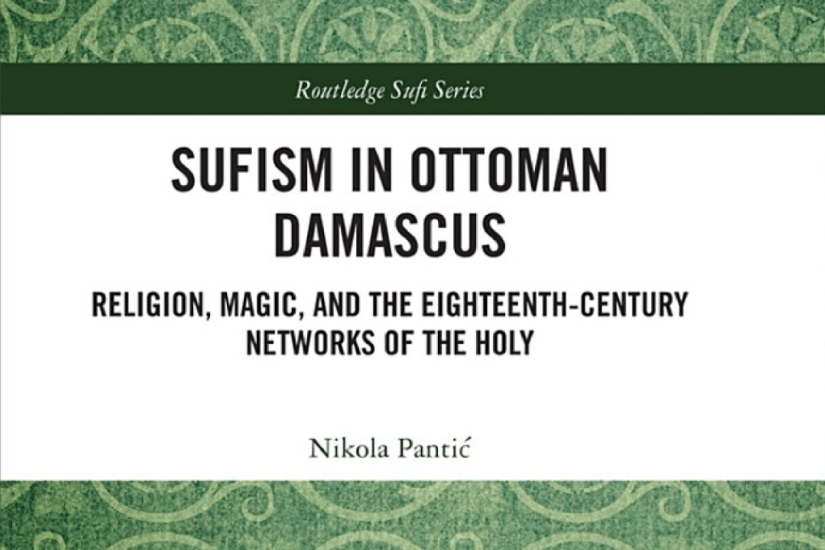
Sufism in Ottoman Damascus analyzes thaumaturgical beliefs and practices prevalent among Muslims in eighteenth-century Ottoman Syria. The study focuses on historical beliefs in baraka, which religious authorities often interpreted as Allah’s grace, and the alleged Sufi-ulamaic role in distributing it to Ottoman subjects. This book highlights considerable overlaps between Sufis and ʿulamā’ with state appointments in early modern Province of Damascus, arguing for the possibility of sociologically defining a Muslim priestly sodality, a group of religious authorities and wonder-workers responsible for Sunni orthodoxy in the Ottoman Empire. The Sufi-ʿulamā’ were integral to Ottoman networks of the holy, networks of grace that comprised of hallowed individuals, places, and natural objects.
The book sheds new light on the appropriate scholarly approach to historical studies of Sufism in the Ottoman Empire, revising its position in official early modern versions of Ottoman Sunnism. It further reapproaches early modern Sunni beliefs in wonders and wonder-working, as well as the relationship between religion, thaumaturgy, and magic in Ottoman Sunni Islam, historical themes comparable to other religions and other parts of the world.
During this book launch session, the author will outline book's themes and main arguments, which is to be followed by a dialogue with Katharina Ivanyi, a historian of Islam, and a general discussion.
Nikola Pantić, the author, is a Permanent Fellow at the Center for Religious Studies, CEU, and a postdoc researcher and lecturer at the Department of Near Eastern Studies, University of Vienna. He studies religious establishments and charismatic authority in early modern Ottoman Sunnism, and focuses on the history of the beliefs in grace, wonder-workers, cults of saints, and thaumaturgical rituals in Islam before modernity.
Katharina Ivanyi is a historian of Islam in the pre-modern and modern periods with interests in Islamic law, Islamic theology and Sufism. She received her PhD from Princeton University in 2012 and is currently Elise-Richter Fellow at the Institut für Orientalistik of the University of Vienna, where she is working on a project on Ḥanafi jurisprudence of the post-classical period (12th -15thc.) in Western, Central and South Asia, funded by the Austrian National Science Fund (FWF).
For visiting as an external guest, please contact religion@ceu.edu